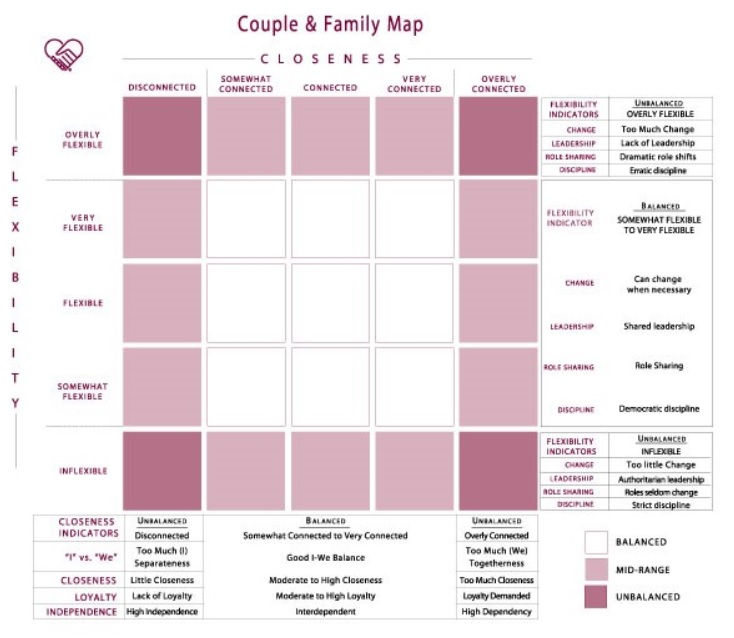Holiday Blues
- rogerlinpsyd
- Dec 9, 2022
- 3 min read
We are in the holiday season. Beginning with Halloween and Thanksgiving holidays, we are looking forward to Hanukah, Christmas, and New Years celebrations. The decorations, traditions, and gatherings foster a cheer and spirit which many call the most wonderful time of the year. But for some, the holiday season is filled with anxiety, depression, exhaustion, stress, and distress.
What are the Holiday Blues?
Holiday blues are our negative responses to this time of year. Our stress may come from unrealistic expectations, sentimental memories, too many social events, too many obligations, or the inability to be with friends or family.
The holiday season (November-December), coincides with the end of fall and the start of winter. The days get shorter and the weather can become colder with less opportunity to receive sunlight. Seasonal affective disorder (SAD) is related to how this season interferes with our biological clocks, circadian rhythms, melatonin levels, which affect our sleep, mood, and energy levels. SAD symptoms typically begin in November and December, and tend to escalate in January-March. Symptoms of holiday blues include:
- Unhappiness, not finding activities enjoyable that you used to enjoy.
- Lack of energy, feeling tired, lethargic.
- Difficulty concentrating, easily distracted, unable to complete tasks efficiently.
- Changes in sleep, difficulty falling asleep, waking up in the middle of the night, waking up early, sleeping too much, not feeling rested after a full night's sleep.
- Change in appetite, loss of appetite, skipping meals, binge eating, eating even after you are full.
- Feelings of hopelessness, discouragement, sadness, helpless, hopeless, depressed, blue.
- Decreased libido, reduced interest in sex.
- Thoughts of suicide
- Irritable, lashing out, impatient, feeling short, on edge, like you are able to snap.
Check in with yourself. How do you feel? If you see that you are experiencing symptoms of the holiday blues, consider taking some of the following steps to cope with it.
How to navigate the holiday blues
Keep normal routines. Keep your routines for your sleep, work, exercise, meals, and other activities, to help you be healthy and grounded.
Be realistic. Instead of needing things to be perfect, practice saying, "This is good enough." Instead of wanting to please everyone and do everything, practice saying, "No". Plan realistic holiday activities such as shopping, cooking, entertaining, and sending cards.
Write things down. Set aside time each day to make lists of tasks and to plan out your schedule. Make a to-do list, and keep it simple.
Set a budget. Figure out how much you can afford to spend before you start shopping for gifts, meals, and events. If money is tight, get creative with homemade gifts.
Stay active. Get fresh air and sunlight. Even if it's a cloudy day, you can still get vitamin D.
Acknowledge grief. Memories of past holidays and people who are no longer in your life, can create a sense of loss. We miss people who are no longer with us. Grief is a natural response to loss.
Try new things. As families change and grow, traditions may change. Find new ways to celebrate together.
Intentionally reach out. Social isolation, disengaging with relationships, withdrawing from people, avoiding, not responding, and feeling lonely can cause anxiety and stress. Reach out to a friend or family member with a text or call. Share about what you are feeling and why you feel the way you do.
Set boundaries. Set clear limits about what you can and cannot do.
Help others. Helping someone has two benefits. Someone in need will be blessed, and you benefit from giving.
Digital detox. Put down your phone, turn off the tv, and take a break.
Schedule time for relaxation. Set a few minutes for alone time, go for a walk, read, listen to music, or do something where you can catch your breath and relax.
Happy Holidays to you and your loved ones!

Comments